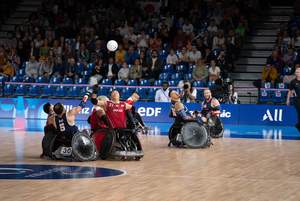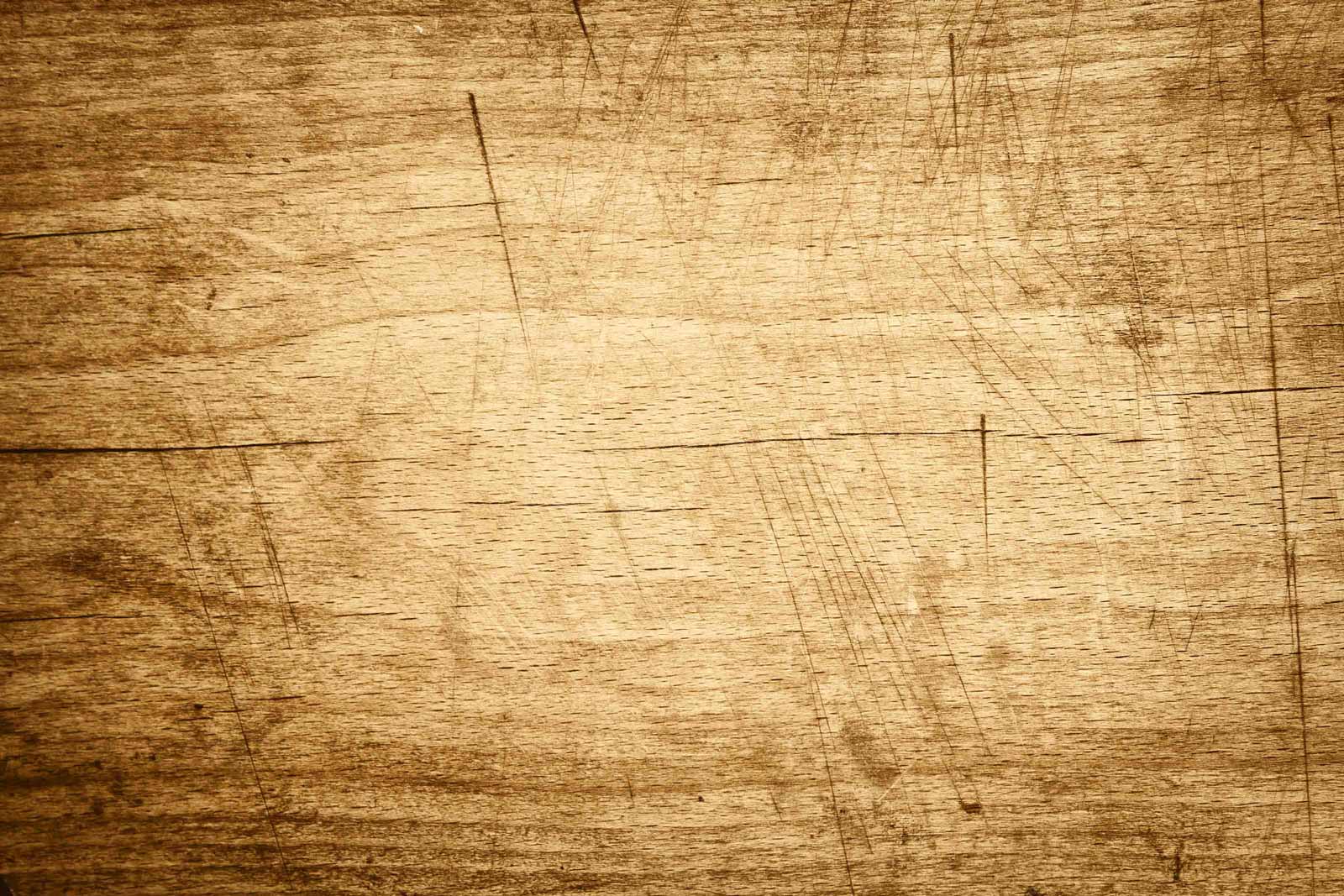Enjoy this letter? Get next Sunday's sent straight to your inbox.

 Ink and Feet
Ink and Feet


Well, following the mind-opening joy of goalball last week, I dragged myself out of bed and across Paris again for what must easily be the most metal thing in all of the Olympics (with apologies to Gojira's absolutely epic set during the opening ceremony.)
Wheelchair Rugby.
In many ways, just like goalball, it challenged preconceptions of how I saw the world, of what it was to be human, to be a person in a wheelchair. And friend, I'm here to tell you that the people in those wheelchairs - are hard core. Wheelchair rugby had the same visceral violence and collisions as I saw watching the All Blacks play in New Zealand - but with literal metal slamming into each other. Players moved fast, spun and turned and accelerated at impossible speeds. They toppled over, diving to make assists or intercept passes. It was full-contact, max-effort, leave-it-all-out-there sports.
It was a game of precision, decided over a hundred or so possessions by just one or two turnovers. The teams and players so good, so skilled that even a single mistake over the four quarters might decide the game. It was joyful and tense and intricate and complex. And it was fast. I genuinely did not know that a person in a wheelchair could move at that speed, change direction, spin, be a hell of a lot more agile than I am. It was deeply impressive.
And - if I'm being honest - it was also transformative. Watching that sport in person shattered a myth that I hadn't really realized was bouncing around in the back of my mind - that people in wheelchairs are injured. Which, sure, they might be, but they've got the same odds of injury at the rest of us. No, there flying around the court was the truth that a lot of folks in wheelchairs are just built different. Different. Not hurt, not injured, not weak, not quiet, not other.
And that realization was confronting. In a lot of cultures, including the one I grew up in, there's an invisible line between different types of "other" that folks who are housed and able bodied generally feel - and I inherited that world-view. It shows up as an intentional stare-at-my-phone, just as I'm passing someone sitting on the street, or in a wheelchair, or moving with a white cane. I think for me, a lot of this willful indifference is simply inexperience, just not knowing how folks who experience the world differently would like me to interact with them. Of being afraid to do the wrong thing, or doing something that makes the person who's already in a wheelchair have a harder day - and in the process of that good intention, ignoring and othering them.
Oof. Yeah. That stung to fully understand.
And hey, we're all human, and learning is part of the gig. At least I know now, and I can start to show up in different, and better ways. (Side note: if you're part of a group that is often othered in your culture, and you feel up to it, please write back and let me know how you experience this kind of thing, and how you'd like folks to interact with you! If I hear from enough people, I'll try to pull together a reader-roundtable type thing on this.)
But it's something I can't unsee, or unknow now. Because honestly? Watching a large, bearded American man on a breakaway bear down on a slight, Japanese woman in a wheelchair who was set up for the block - then hearing their collision, seeing their bodies move as the kinetic impact turned all that motion into sound, dented metal, and whiplash, seeing her win that block, and then watching both them spin, accelerating to make the next play - I realized we have it all backwards.
It's we people with all our limbs and functions and homes that are the weak ones. Walking through a world made just for us, life on easy mode. Unaware of what our bodies and minds can really do.
With lots of love, -Steven
p.s. The best thing I saw all week was architect Dami Lee's take on the manga "Blame!". I had no idea that I wanted to learn about the intersection between architecture, design, and manga, but here we are. :)
Enjoy this letter? Get next Sunday's sent straight to your inbox.
